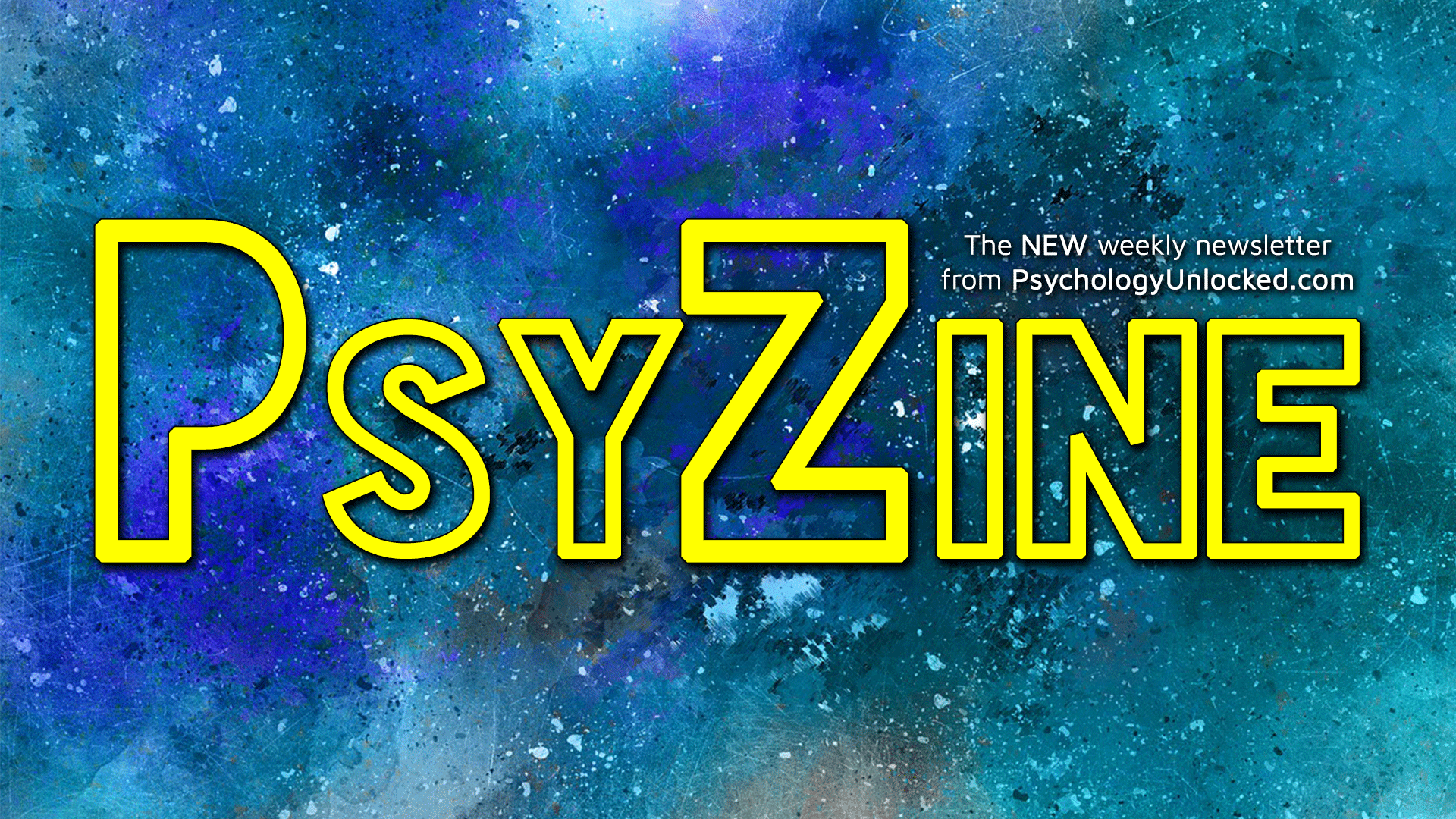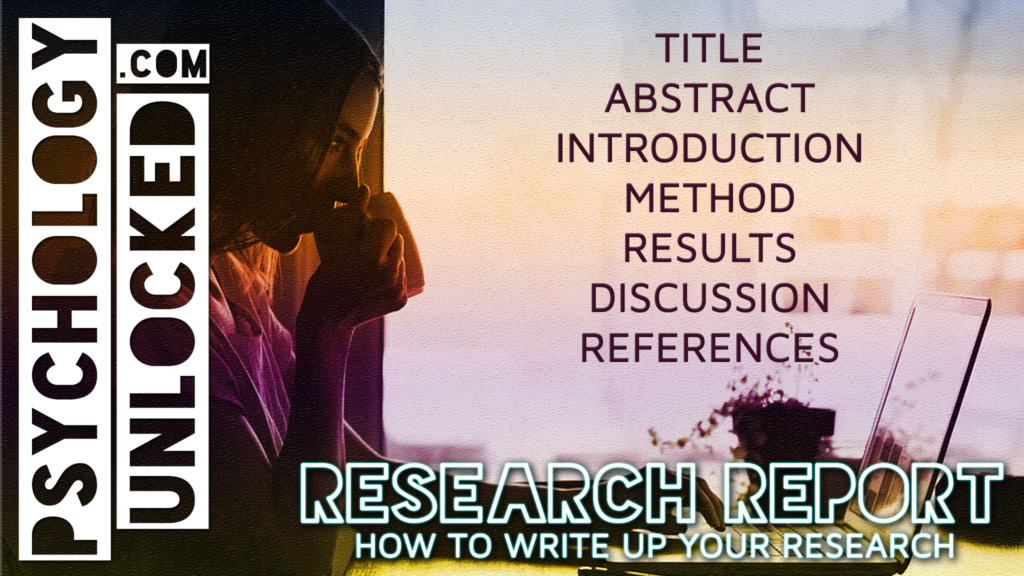
This issue of PsyZine was published on 5 June 2020
Know No Bounds: Unlimited in Lockdown
If there’s one thing that Covid-19 has highlighted for me, it’s that we are each our own best teacher. In the same way that all therapy is, to-a-degree, self-therapy, all learning is self-taught.
I hope that over the next few weeks and months, this weekly email helps keep your interest in Psychology growing, and in the absence of formal schooling we can, together, prove to ourselves that our ability to learn stretches far beyond the classroom.
If you like the sound of this, please share this email with your classmates, colleagues and teachers – and if there’s anything you’d particularly like to read more about (or something you’d like to write) all you need to do is hit ‘Reply’ and say hi!
Thanks for subscribing – enjoy!
In this issue
- Video: How To Write Up Research
- Exclusive Article: Are police evil?
- Read More: Interesting Links
- Book of the Week: Zero Degrees of Empathy
- Interview: Trainee NHS Clinical Psychologist
- Read More: Interesting Links
This Week’s Video: How to Write Up Research

Check out our latest short video, which gives you a step-by-step overview of each section of your research paper. Particularly useful if you’re working on a research project, EPQ, or dissertation. Next week we will go into more detail about the Abstract.
EXCLUSIVE: Are Police Evil?
Subscribers read an exclusive article discussing what Psychology can teach us in light of the tragic death of George Floyd in Minneapolis.
If this sounds like something you would enjoy reading, subscribe now to receive all future issues of Psyzine in your inbox!

This is a fascinating – albeit long – article from the archives of The Atlantic, delving into the social psychology of crime and how neighbourhoods rise and fall as one.

Research published just last month in NeuroImage shows how music can unite us by synchronising our brains. Really demonstrates the potential of music.
Book of the Week: Zero Degrees of Empathy
If recent events have you questioning how people are able to treat others as mere objects, Simon Baron-Cohen’s research is an eye-opening read. Shifting away from a focus on evil, Baron-Cohen reframes the debate in terms of empathy.
Baron-Cohen is a prominent social neuroscientist, with research interests in autism and developmental psychopathology. He is Professor of Psychology and Psychiatry and Director of the Autism Research Centre at the University of Cambridge.
“Any problem immersed in empathy becomes soluble”
Zero Degrees of Empathy presents empathy as a spectrum. At the high functioning end – what Baron-Cohen calls six degrees – we see highly empathetic people who are intuitively tuned in to the needs of others. At the other end of the spectrum – zero degrees – we meet the psychopath. We are all somewhere between zero and six.
Within the book, Baron-Cohen outlines his concept of an empathy circuit in the brain and presents his theory that effective development of empathy has its roots in experiencing parental love as a child, as well as genetic predispositions.
This is a fascinating read if you want to challenge your understanding of evil and understand how people can act in such inhumane ways towards others. It’s also an interesting approach to hold up alongside Zimbardo’s concept of the Lucifer Effect.
Also, check out the Empathy Quotient questionnaire at the back of the book to discover your own level of empathy.
Interview: 60 Seconds With…
Stacey Barkley is a second year Trainee Clinical Psychologist with the NHS.
How did you get to where you are now?
I completed an undergraduate degree in Psychology, Politics and Sociology at Cambridge University. I then completed a training role as a graduate mental health worker to gain some clinical experience. After this I worked as a Recovery Worker in a substance use service, and volunteered as an honorary assistant psychologist. After 2.5 years in this role I was fortunate enough to be accepted onto clinical training.
Is there anything that surprised you when you started working?
I had a fanciful idea that after some training I would always know exactly what I was doing. I was surprised to find that I would have to get very comfortable with not always knowing, as every person and situation is of course very different!
“I had a fanciful idea that after some training I would always know exactly what I was doing”
Are there any books you’d recommend to people thinking of pursuing Clinical Psychology?
I’d recommend reading De-Medicalizing Misery: Psychiatry, Psychology and the Human Condition as it really challenged me to think about distress in new ways, and to think on a wider social scale about what causes distress. And also Authentic Happiness by Martin Seligman, which introduced me to positive psychology and to thinking about what is going well rather than what is going wrong.

Does your level of stress influence your likelihood to spread alarmist fake news? New research!

The British Psychological Society has compiled a list of 10 positive findings to rekindle your belief in humankind.

Revise Mary Ainsworth’s Strange Situation experiment, with a useful short video to watch too.

